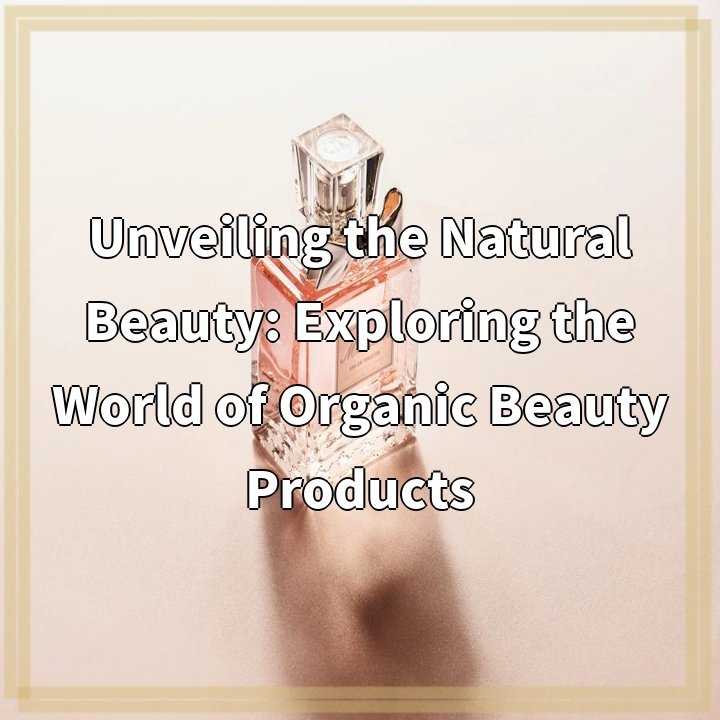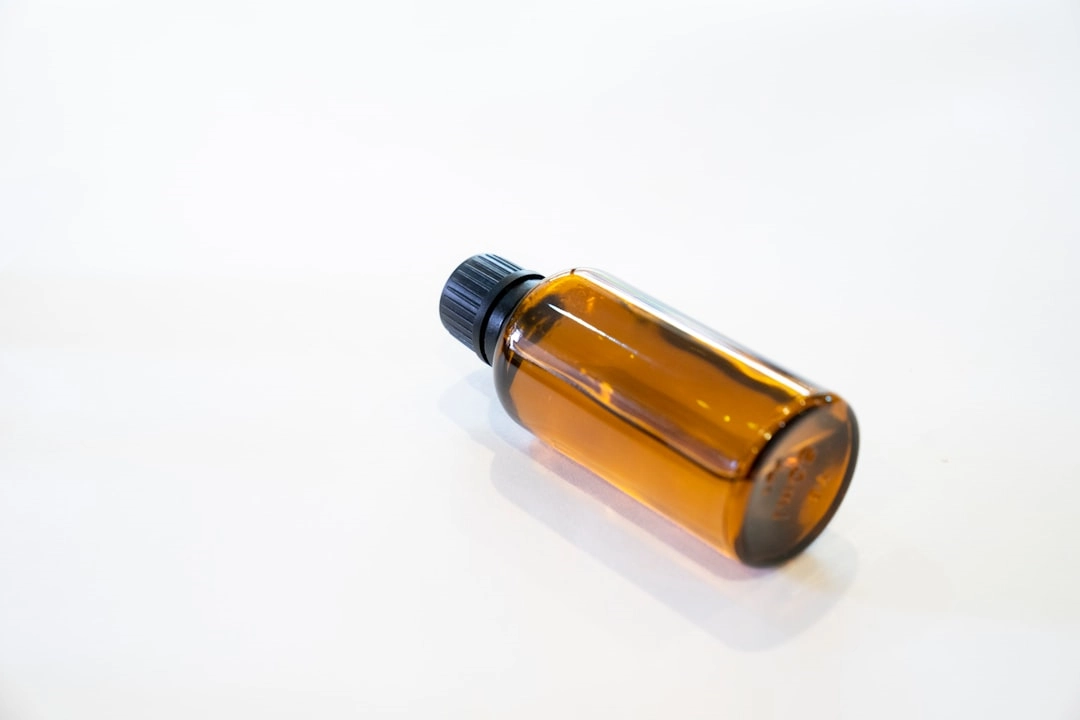
What are Organic Beauty Products?
Organic beauty products are skincare, haircare, and cosmetics made from natural ingredients that are grown without the use of synthetic pesticides, herbicides, or genetically modified organisms (GMOs). These products are produced using sustainable farming practices and aim to minimize harm to both the environment and human health.
Real-World Problems Associated with Organic Beauty Products
1. Lack of Regulation and Greenwashing
One of the challenges with the growth of the organic beauty industry is the lack of standardized regulations. While some countries have regulatory bodies that oversee organic certifications, others have less stringent guidelines. This can lead to “greenwashing,” where brands falsely claim their products are organic or natural when they may not meet these standards. Consumers may find it difficult to differentiate between authentic organic products and those that are merely labeled as such for marketing purposes.
2. Limited Availability and Higher Costs
Compared to conventional beauty products, organic beauty products are often priced higher. The higher costs are due to the use of more expensive organic ingredients, ethical sourcing, and smaller production scales. Additionally, the demand for organic beauty products often outweighs the supply, resulting in limited availability, especially in certain regions or countries, making it more challenging for consumers to access these products.
3. Ingredient Allergies and Sensitivities
While organic beauty products are often formulated with natural ingredients, it’s important to note that natural does not always equate to hypoallergenic. People with allergies or sensitivities to certain plant-based ingredients may still experience adverse reactions, such as skin irritation or allergies, when using organic beauty products. It is crucial for consumers to read ingredient lists closely and conduct patch tests before incorporating new products into their skincare or beauty routine.
4. Limited Product Performance and Shelf Life
Organic beauty products sometimes face criticism for their perceived lesser performance compared to conventional products. This can be attributed to the avoidance of certain synthetic ingredients that are known for their enhancing properties or longer shelf life. Some organic products may have a shorter shelf life due to the absence of synthetic preservatives, requiring more attention to storage and expiration dates.

Solutions to Real-World Problems Associated with Organic Beauty Products
1. Increased Regulation and Transparency
One solution is to advocate for stricter regulations and standardized certifications for organic beauty products. This can help combat greenwashing and provide consumers with a clear understanding of the authenticity of organic claims. Governments and industry organizations should work together to establish and enforce regulations that ensure transparency in labeling and ingredient sourcing.
2. Education and Awareness
Raising awareness among consumers about the benefits and importance of organic beauty products is crucial. Providing educational resources and information on the potential impacts of conventional beauty products on both personal health and the environment can drive consumer demand and encourage the growth of the organic beauty industry. Empowering consumers to make informed choices and decipher ingredient lists can help them navigate the market and make sustainable choices.
3. Research and Development
Investing in research and development is essential in improving the performance of organic beauty products. By harnessing scientific advancements and innovative formulations, manufacturers can create high-quality organic products that effectively deliver the desired results without compromising on safety or shelf life. Continued research can lead to the discovery and development of new natural ingredients that are both effective and sustainable.
4. Collaboration and Industry Support
Collaboration between brands, industry organizations, and sustainability experts is key to overcoming challenges in the organic beauty industry. By working together, stakeholders can share best practices, knowledge, and resources. This collaboration can drive innovation, improve supply chain transparency, and address issues such as ingredient sourcing, fair trade practices, and sustainable packaging.















